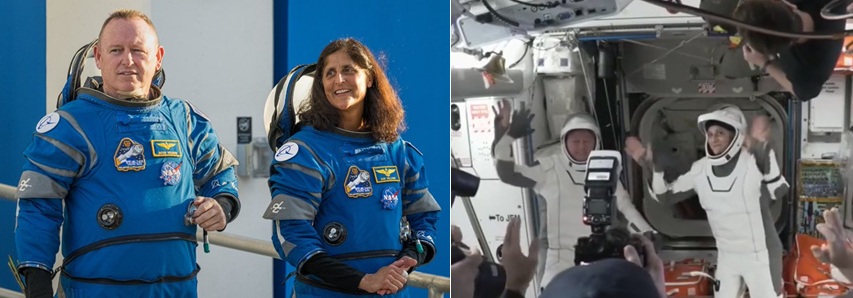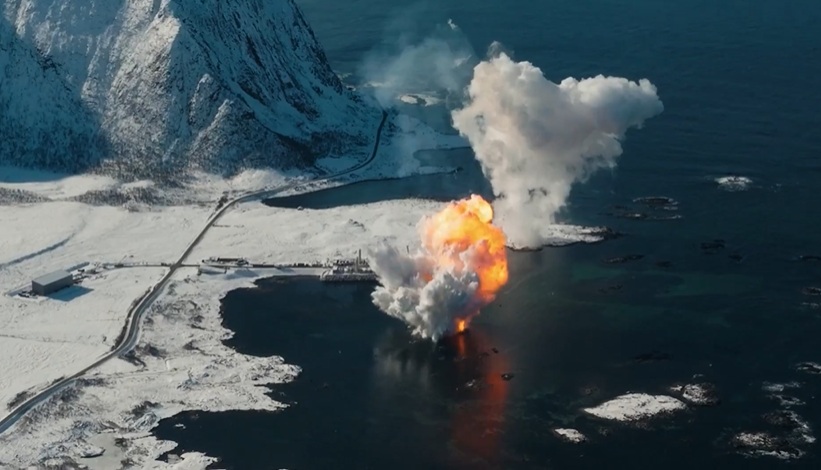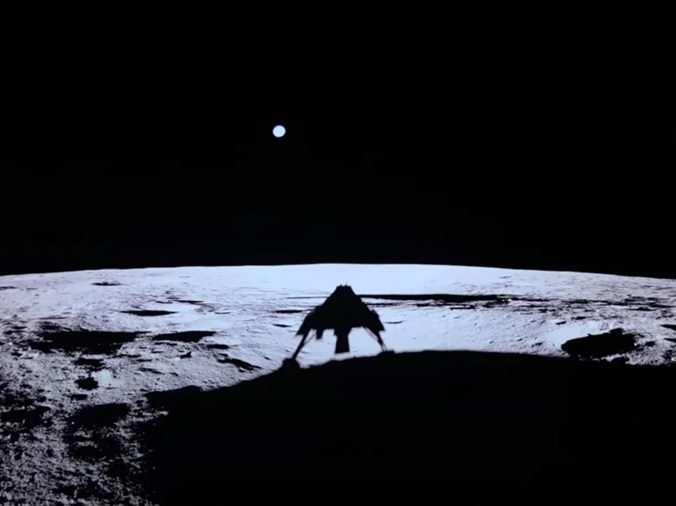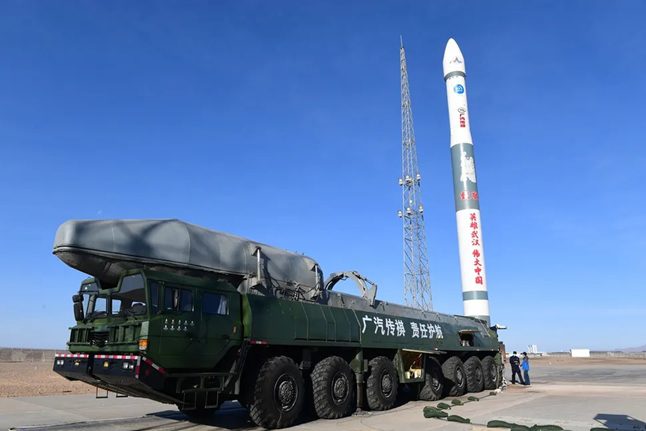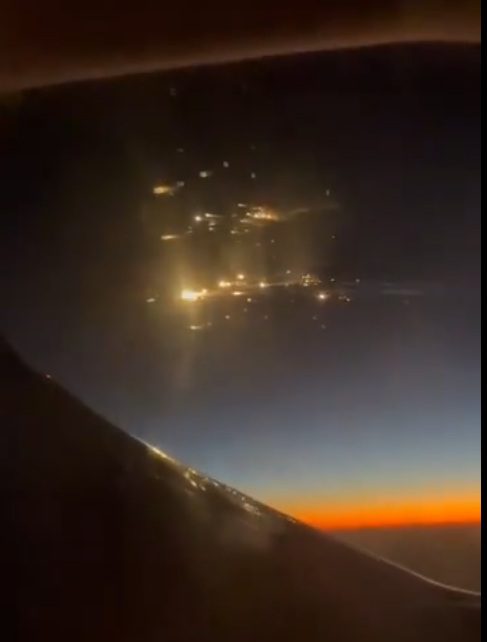The launch failure on 28 November of the Soyuz 2-1B Fregat, which destroyed 19 satellites including the Meteor 2M-1 weather satellite, was caused by a software design fault related to the rocket’s operation from its new launch site at Vostochny Cosmodrome, in Far Eastern Russia, according to an accident investigation report by Roscosmos.
The Russian space agency/industrial conglomerate makes it clear that the main cause was the failure of the software designers to appreciate that the alignment relative to launch azimuth at the new Vostochny site was different from previous launch sites, and the way the extra rotation angle needed would affect the Fregat upper stage’s gyro-based guidance system.
While this launch was the second Soyuz flight from Vostochny (the first occurred in April 2016), importantly, this flight was the first to use the Soyuz-Fregat combination from this launch site.
Anatoly Zac of Russiaspaceweb.com has reported more detail about the failure, which can be summarised as follows:
The angle of a roll needed to achieve correct azimuth (direction relative to North) of ascent from the previous Soyuz launch sites was between the ranges of positive 140 to negative 140 degrees. However, to achieve the correct azimuth from Vostochny, the ill-fated launch would need a roll of 174 degrees (with possibly a few extra degrees to compensate for guidance error), with 10 degrees added during the Fregat stage operation to compensate for the different reference axis in the Fregat. While this was fine for the Soyuz rocket stages, it meant that the Fregat gyro platform had to turn at least 184 degrees in order to reach the required “zero” position if flown from Vostochny.
The problem was that the 184-degree rotation to zero via the expected shortest route was “backwards” 176 degrees. This backwards move to zero had not been expected by the guidance software on Fregat, which thought that the stage was still off target by 360 degrees and started a compensatory rotation using its thrusters at one degree per second.
Unfortunately, about 60 seconds into this roll the main engine started its pre-planned firing to achieve orbit, but was pointing in the wrong direction as the roll had not been completed. The result was that orbital velocity for the planned parking orbit was not achieved and the Fregat stage and its 19-satellite payload fell back to Earth and into the Atlantic Ocean.
While the investigation is confident about the above being cause of the failure, the underlying cause is still being investigated.
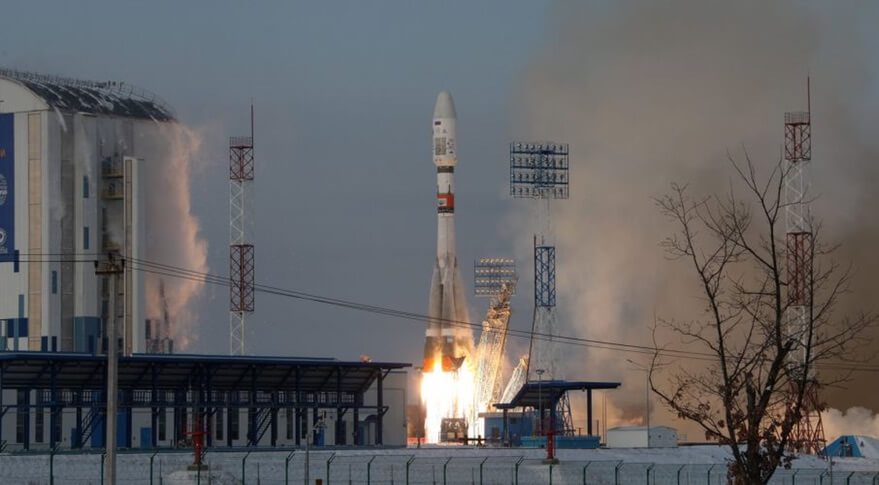
Soyuz 2-1B Fregat launch from Vostochny took off successfully but went wrong later. Courtesy: Roscosmos

